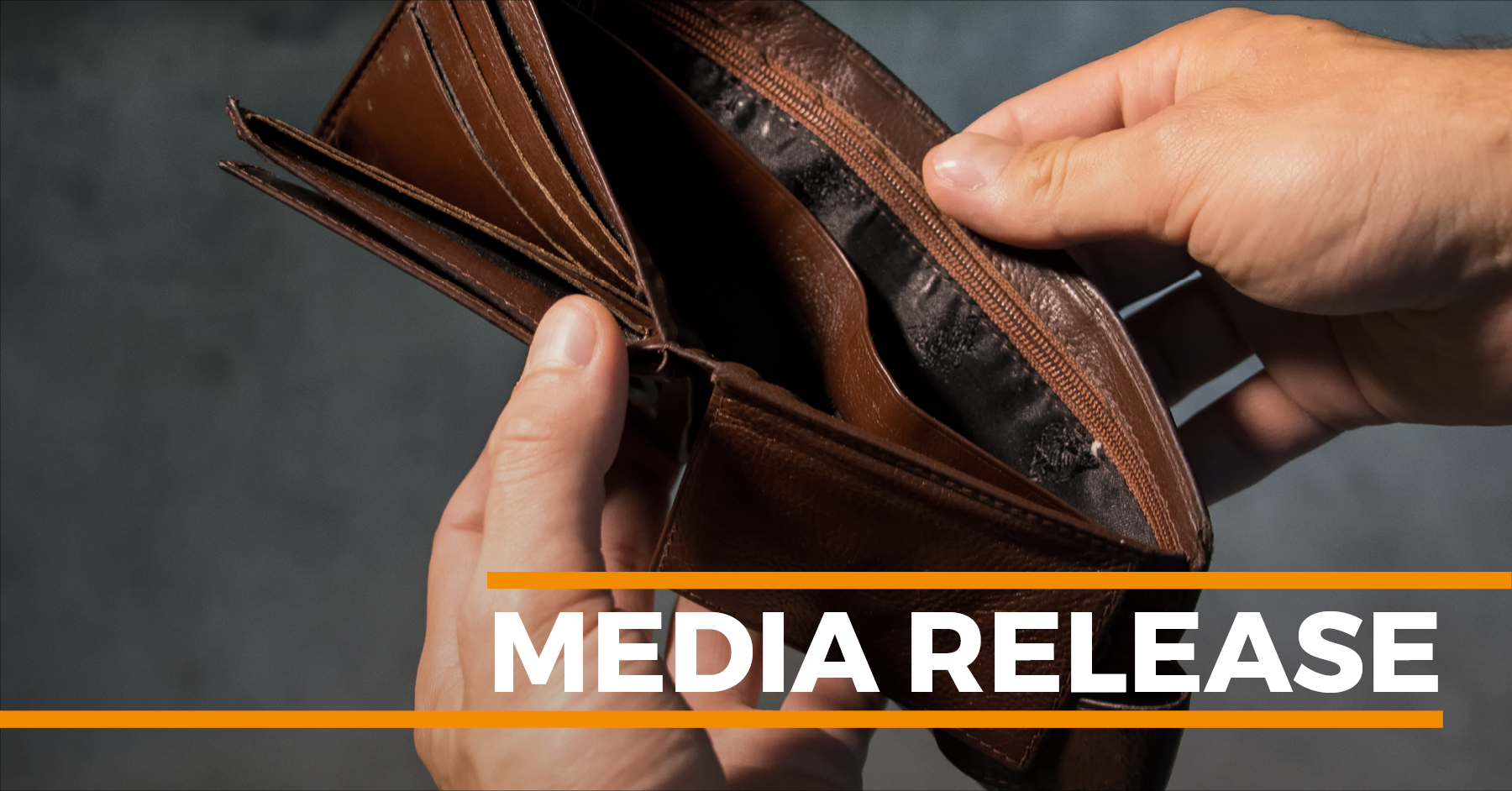Debt collection ban for social welfare recipients a step forward but ‘in-house’ approach must comply with Australian Consumer Law
Consumer Action Law Centre and Financial Counselling Australia have welcomed the Government’s announcement today banning the use of external debt collectors for social welfare recipients by Centrelink, and called for the Government’s new in-house debt recovery approach to strictly comply with Australian Consumer Law (ACL).
“While it’s too late for the thousands of vulnerable Australians who were harmed, I applaud Minister Bill Shorten for taking action to help ensure disasters like the Robodebt never happen again,” said Consumer Action CEO Stephanie Tonkin.
Services Australia, a Federal Government agency will now do all debt recovery in-house for social welfare recipients on Centrelink.
“If government is to bring debt collection in-house then they must also comply with the Australian Consumer Law (ACL) like all other debt collectors,” said Ms Tonkin.
One of the most troubling aspects of Robodebt was the commission-based approach employed by external debt collectors which incentivised their poor behaviour.
“People were misled about the consequences of non-payment of debts with heavy threats of legal action, the garnishing of wages and bank accounts, tax refunds and other assets or income. People were also threatened with departure prohibitions – when in fact the government did not intend to go that far,” said Financial Counselling Australia CEO Fiona Guthrie.
“These were clear breaches of the ACL, and these breaches were signed off by the government of the time”.
While Centrelink is bringing debt collection inhouse, other arms of government like the Australian Tax Office continue to use external debt collection agencies. Only amending the ACL would ensure a disaster like Robodebt never happens again.
“Additionally, the Australian Competition and Consumer Commission (ACCC) should be given power to enforce compliance by government,” Ms Guthrie said.
ENDS
In our recent submission to the Robodebt Royal Commission: Refer debt collection misconduct to the ACCC we made the following four recommendations:
- Amend relevant laws so that the Australian Consumer Law clearly applies to debt collection conduct by government and its instrumentalities in its entirety—there is no reason that government should not be subject to the same standards as private debt collectors
- Ensure that the ACCC or an effective regulator has power to enforce compliance with the Australian Consumer Law with the respect of government-initiated debt collection, including where conducted by third parties
- Prohibit government from entering into arrangements with external debt collecting agencies where those agencies are remunerated on a commission-basis—as stated by the Commissioner, this creates “a financial imperative to recover as much as possible as fast as possible”. We consider such an incentive to be unreasonable in the context of government debt collection.
- Amend section 18 of the ACL so that pecuniary penalties apply for breach or amend section 29 regarding false and misleading representations (which is already subject to a pecuniary penalty) so that it includes representations relating to the consequences of not paying debt. Misleading conduct relating to the consequences of non-payment of debt has a serious impact on consumers, and there is no reason that it should not attract a pecuniary penalty. The full range of enforcement mechanisms should be available in order to promote the norm of conduct set by Parliament.
Media contact: Mark Pearce, Media and Communications Adviser, 0413 299 567, media@consumeraction.org.au


